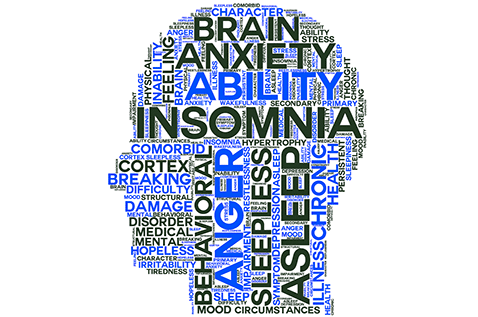PEOPLE WITH INSOMNIA HAVE DIFFICULTY...

FALLING
Asleep
Asleep

STAYING
Asleep
Asleep

WAKING up
too EARLY
too EARLY

CONSEQUENCES OF REBOUND INSOMNIA
WORSENED
Insomnia
Insomnia
DEVELOPED
Tolerance
Tolerance
WITHDRAWAL
Symptoms
Symptoms

RISK FACTORS THAT INCREASE INSOMNIA SYMPTOMS
GENDER
MENTAL
Health Issues
Health Issues
ETHNICITY

PEOPLE WITH INSOMNIA HAVE DIFFICULTY...
FALLING
Asleep
Asleep
STAYING
Asleep
Asleep
WAKING up
too EARLY
too EARLY

PREVENTION & GOOD SLEEP HYGIENE GO HAND IN HAND


THERE ARE MANY BENEFITS OF SLEEPING
ENERGY
Restoration
Restoration
LEARNING
And Memory
And Memory
IMPROVING
Mood
Mood

EACH NIGHT YOU PASS THROUGH 2 STATES OF SLEEP
NREM
Non-rapid Eye Movement
Non-rapid Eye Movement
REM
Rapid Eye Movement
Rapid Eye Movement

THE CAUSES TO THE LACK OF EFFECTIVE SLEEP
EXCESSIVE
Sleepiness
Sleepiness
OBSTRUCTIVE
Sleep Apnea
Sleep Apnea
NARCOLEPSY
And More...
And More...

IMPORTANT PRACTICES AND HABITS
CONSISTENT
Sleep Schedule
Sleep Schedule
AVOID
Bright Light
Bright Light
AVOID
Naps
And More...
Naps
And More...

CONSEQUENCES AND SYMPTOMS OF INSOMNIA
INCREASED
Errors
Errors
DIFFICULTY
Falling Asleep
Falling Asleep
IMPULSIVENESS
or Aggression
or Aggression
WAKING UP
During the Night
During the Night
DAYTIME
Tiredness
Tiredness
DEPRESSION
And Anxiety
And Anxiety
CONSEQUENCES AND SYMPTOMS OF INSOMNIA
INCREASED
Errors
Errors
IMPULSIVENESS
or Aggression
or Aggression
IRRITABILITY
or Depression
or Depression

IMPACT ON BOTH MENTAL AND PHYSICAL HEALTH


TREATMENT OPTIONS


NON-PHARMACEUTICAL TREATMENT OPTIONS


PHARMACEUTICAL TREATMENT OPTIONS


NEWS


SLEEP QUESTIONNAIRE


ADDITIONAL RESOURCES







 SPEAK TO YOUR DOCTOR IF
SPEAK TO YOUR DOCTOR IF